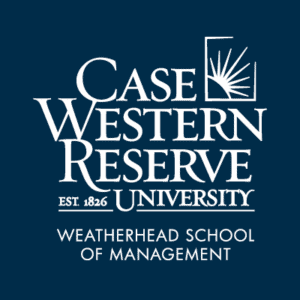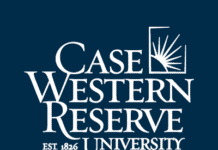I was checking out the Case Western Reserve Masters in Finance program earlier today and say that there was some new information on the program. It has been about a year since the last time I update everyone which is too long for a program with the interest level that Case Western has. The application window for this upcoming cohort has passed, but I hope the information here is useful for anyone considering applying when the application window opens up again. Enjoy!
—
2021 Class Profile
I featured the Case Western MSF class profile in my last update and I believe it was for 2019. The university did something nice and had a year over year comparison that I put into a chart and am including below. Some take aways that I had is that the class size has rebounded from pre-COVID. International remains high, but the GMAT and GPA metrics are strong while still being reasonable. Work experience has increased, but that would be expected as students delayed going back to school because of the pandemic. This looks like a very comprehensive and good profile in my humble opinion.
| 2021 | 2020 | |
|---|---|---|
| Enrolled | 222 | 86 |
| Average Age | 23 | 24 |
| Female | 43% | 47% |
| International | 91% | 92% |
| GMAT (Avg.) | 629 | 634 |
| GPA (Avg.) | 3.2 | 3.4 |
| GRE Verbal (Avg.) | 149 | 147 |
| GRE Quant (Avg.) | 167 | 165 |
| Work Experience | 1.7 Years | 0.9 Years |
Careers
Case Western does a lot to help its students land a job upon graduation. On the schools career section they talk about how a number of MSF students have went on to a PhD, city treks to Chicago, Cleveland and New York (I have professional experience in all three cities and people would be surprised at the amount of finance opportunities Cleveland offers) and Executive and Academic seminars (a great way to learn and meet professionals). The MSF also has a dedicated individuals helping students with their career goals.
You can see the full listing of companies that have hired MSF students here. It is comprehensive and includes countless well known firms that have both provided internships as well as full time offers. What is nice is knowing that Case Western MSF alumni are at these places for networking purposes as well as giving you an idea of where the degree can take you.
On the main webpage for the program they boast the following stat:
- 100% Domestic finance students placed in financial roles over the last six years
Admissions
Admissions for this program is pretty standard. Two essays, transcripts, resume and two recommendation letters. International applicants have a couple other items they need to provide. GMAT/GRE is currently optional, something that I am seeing become pretty standard. I would say if your application is particularly weak in a certain area or you have taken the GMAT/GRE previously and done very well, the scores might help you. But it is nice that this is becoming optional as it saves money and time (not to mention stress).
Tuition for the 9 month track is fairly reasonable and has not increased much since I last wrote about the program. Right now, it is $53,280, increasing from $52,500.
—
That is the update for now. I will reach out to the school and see if I can get some reviews or something. The school provides a lot of information which I like so I will try and keep this program front of mind so it doesn’t take a year between updates. Stay tuned.
Here is a link to the Case Western Reserve Masters in Finance Program



